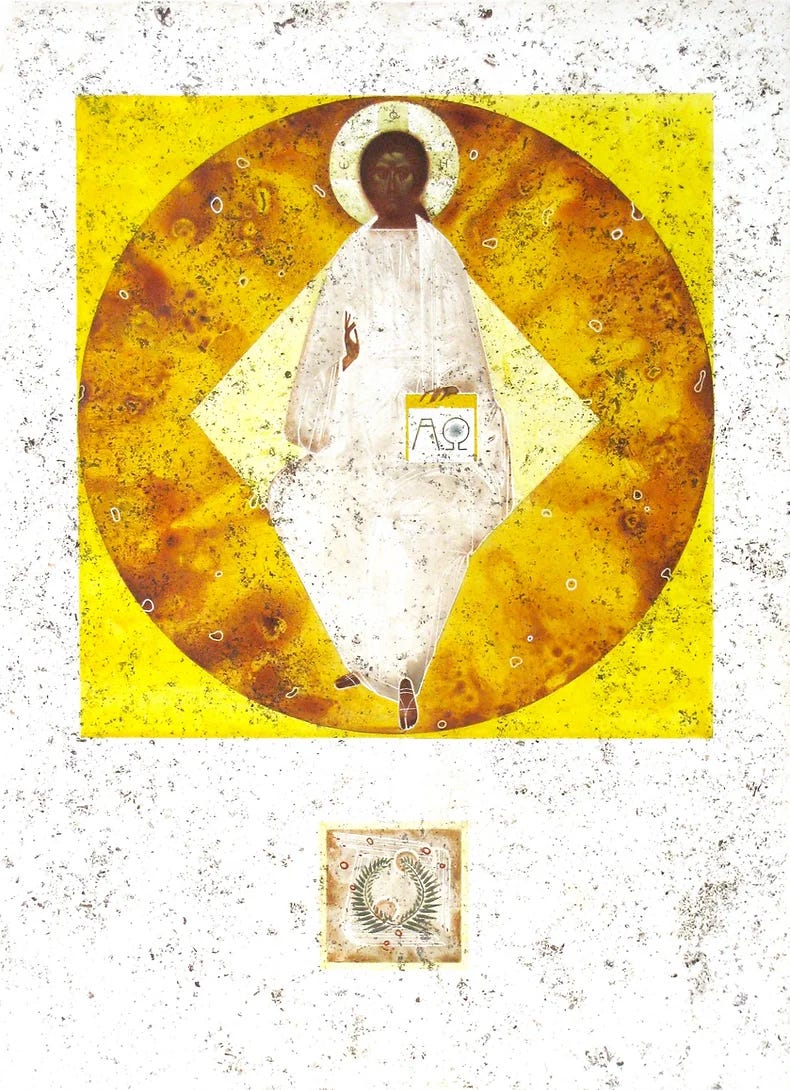The End
For the theologically inclined, the name Robert Jenson is, or at least should be, commonplace. I am of the firm conviction that everyone should be talking about him and his work. A prolific Lutheran theologian, Jenson gave us some of the most artistically beautiful language to describe his overwhelming vision of God, Jesus, the Spirit, the Church, and the End.

The second volume of his systematics concludes with the chapter: Telos. It is Jenson’s vision for the final end of human beings, and creation itself. I have posted the text of that chapter below. If I succeed in getting you to pick up Jenson, or at least rethink the End of all things, then this post will have accomplished its, well, telos. :)
God will reign: he will fit created time to triune time and created polity to the perichoresis of Father, Son, and Spirit. God will deify the redeemed: their life will be carried and shaped by the life of Father, Son, and Spirit, and they will know themselves as personal agents in the life so shaped. God will let the redeemed see him: the Father by the Spirit will make Christ's eyes their eyes. Under all rubrics, the redeemed will be appropriated to God's own being.
The last word to be said about God's triune being is that he "is a great fugue." Therefore the last word to be said about the redeemed is Jonathan Edwards's beautiful saying, cited at the end of the first volume to the converse point: "When I would form an idea of a society in the highest degree happy, I think of them... sweetly singing to each other."
The point of identity, infinitely approachable and infinitely to be approached, the enlivening telos of the Kingdom's own life, is perfect harmony between the conversation of the redeemed and the conversation that God is. In the conversation God is, meaning and melody are one.
The end is music.


Thanks again sir!